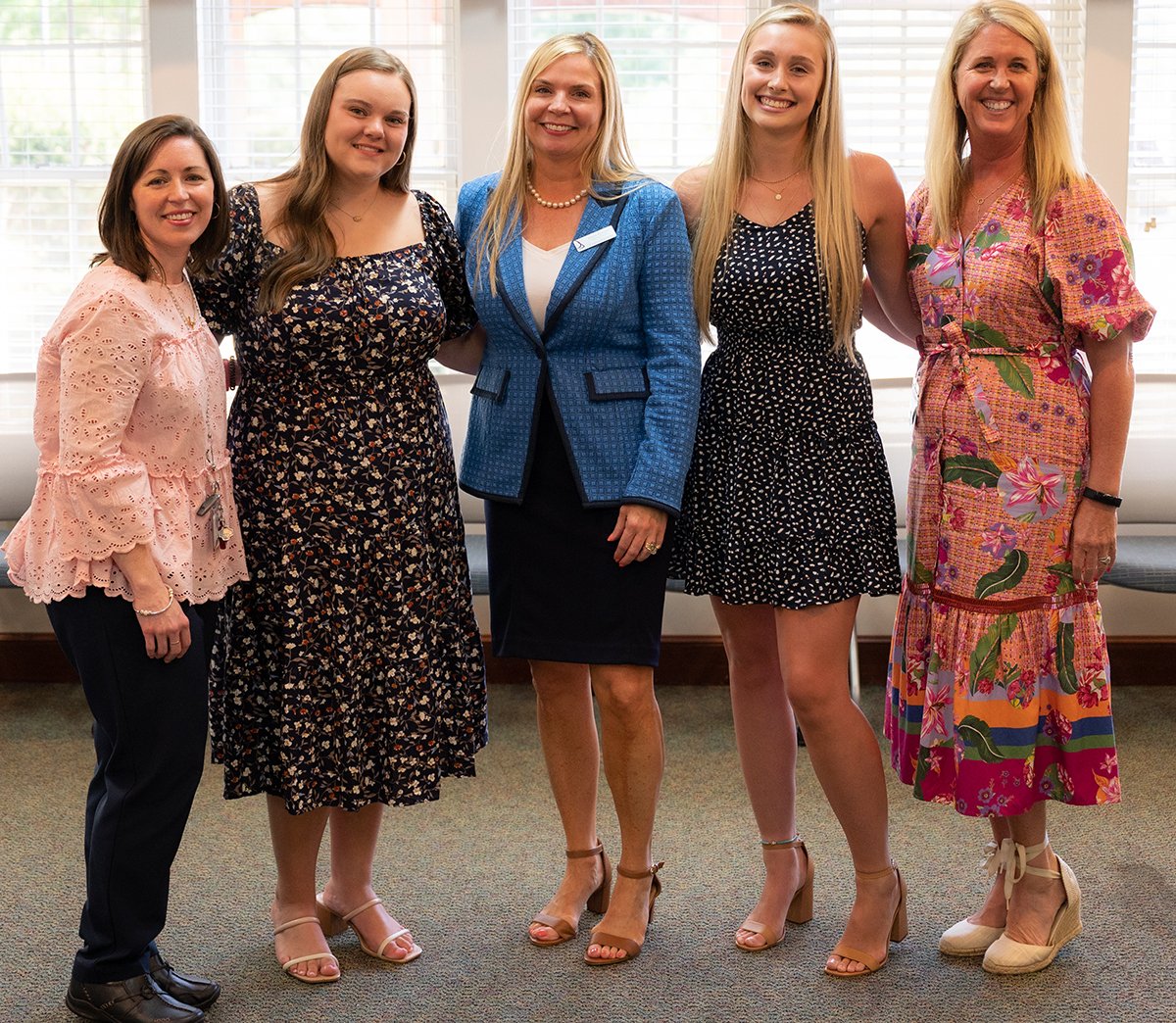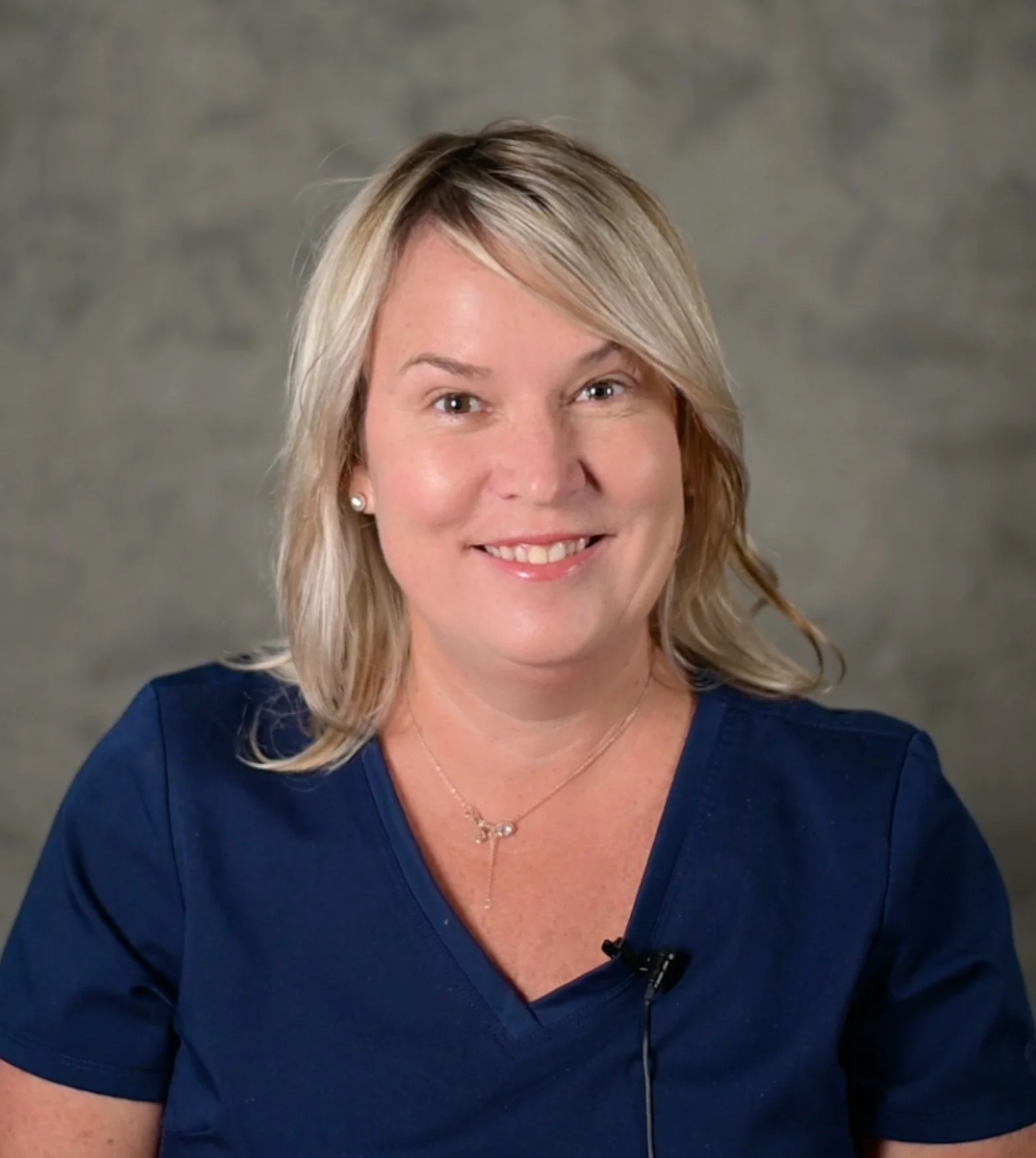There is often confusion about the differences between hospice, palliative care and home-based primary care. These three terms have distinct meanings, but can sometimes overlap when someone progresses through a serious illness. While there are a lot of myths about how to choose the right care for your loved one, there is no one-size-fits-all approach. Each type of care has its own unique features when it comes to how much guidance or treatments are provided.
Definitions
Palliative Care
Palliative care provides relief from the symptoms and stress of serious illness, with the goal to improve quality of life for patients and families. It focuses on managing the symptoms of an illness as opposed to curing it through traditional medicine.
Hospice Care
Hospice care is intended to provide enhanced quality of life for people who are facing the last chapter of their lives. It seeks to offer comfort and support so that individuals diagnosed with a terminal illness can achieve peace of mind in the ways that matter to them.
Home-Based Primary Care
Like a modern-day house call, medically complex or homebound patients can be seen by a specially trained healthcare provider in the comfort and safety of their home for routine medical care, like screenings and check-ups. Many providers care for patients in a variety of settings, including a personal residence or assisted living center.
Eligibility
Palliative Care
Palliative care is designed to offer assistance and guidance on how patients can live as comfortable as possible with a serious illness. Although the patient may be seeking aggressive, curative treatments, they may still be eligible to receive this service.
Hospice Care
Hospice care offers those who are approaching the end-of-life stage the opportunity to have physical, emotional and spiritual support in their final days. To qualify, the patient’s doctor must certify that their life expectancy is six months or less.
Home-Based Primary Care
Home-based primary care is designed to serve patients who face barriers to accessing routine medical care.
Examples of Care
Palliative Care
Palliative care teams specialize in medical care for people living with a serious illness and co-manage care with their primary doctor. Teams may include nurse practitioners, nurses, social workers and more. The service supports patients’ physical and emotional needs during a very challenging time in their lives.
Hospice Care
Hospice care provides regular visits to patients at home or in hospitals, assisted living facilities and nursing centers. Team members include doctors, nurse practitioners, nurses, certified nursing assistants, social workers, counselors and chaplains. The Hospice Medicare Benefit provides patients with support for their durable medical equipment (DME), supplies and medications.
Home-Based Primary Care
Some home-based primary care programs focus on general healthcare needs, while others may focus on complex health conditions such as heart disease, congestive heart failure (CHF), cancer, COPD, Parkinson’s disease and more.
Payor Source
Palliative Care
Palliative care is typically covered by Medicare, Medicaid, most private insurance plans and private pay.
Hospice Care
Hospice care is covered by the Hospice Medicare Benefit, which typically covers all costs related to care. Medicaid and most private insurance also offer a hospice benefit.
Home-Based Primary Care
Home-based primary care is covered by Medicare, Medicaid, most private insurance plans and private pay.
Scope of Services
Palliative Care
Some palliative care programs provide a nurse practitioner who will make a home visit every 30 days on average, or more often as needed. These appointments are designed to give patients and families an opportunity to discuss how their condition is affecting them physically, emotionally and spiritually. The nurse practitioner will also review all medications and the patient’s current plan of care.
Hospice
Hospice care programs provide regular visits depending on the needs of each patient. Nurses can visit up to once a week, certified nurse aides can visit up to twice a week, chaplains and social workers typically visit bi-weekly or monthly.
Home-Based Primary Care
Home-based primary care services typically have nurse practitioners on staff who make home visits to medically challenged patients to provide them with basic medical care. These programs also typically offer telehealth as an option.
Where Can I Find Palliative Care, Hospice Care and Home-based Primary Care?
If you are caring for someone with a serious illness, Carolina Caring can help. The nonprofit offers palliative care, hospice care and home-based primary care to bring comfort and support throughout the patient’s journey. From diagnosis to treatment, services are available in a variety of settings, including your personal residence.
For more information about Carolina Caring’s palliative care, hospice care or home-based primary care programs, visit CarolinaCaring.org or call 828.466.0466.





















